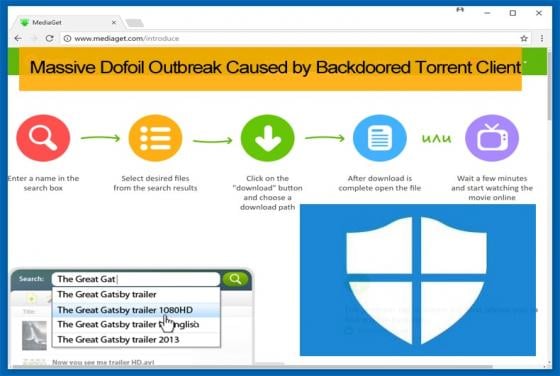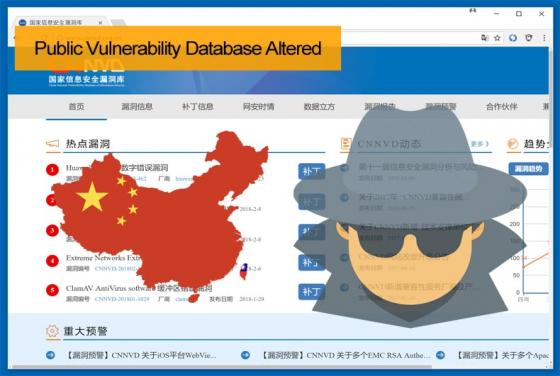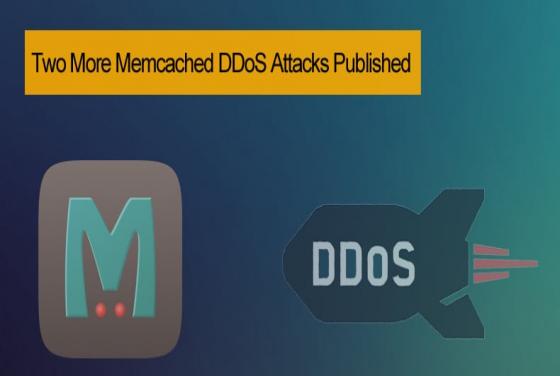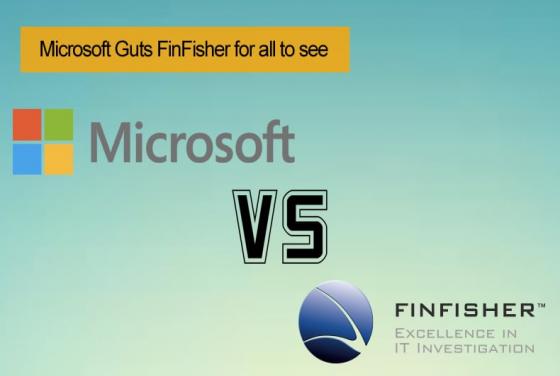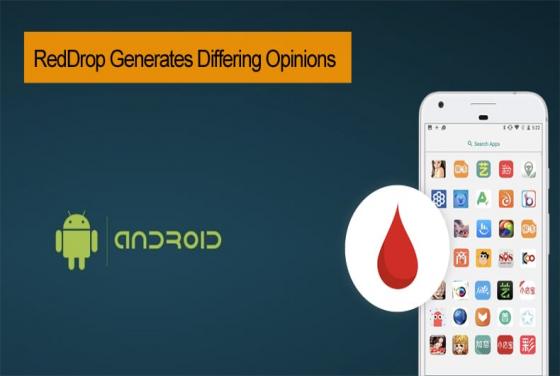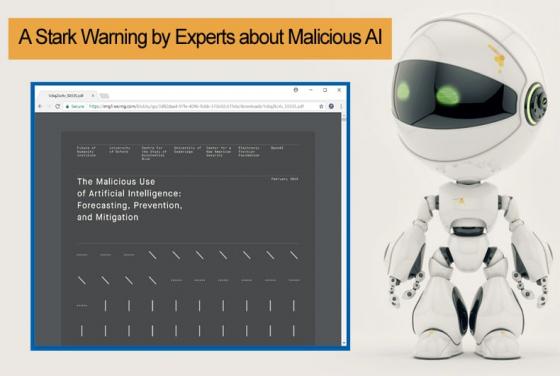

The Facebook-Cambridge Analytica Scandal: The Plot Thickens
Since news broke surrounding the whole scandal involving Cambridge Analytica and their misuse of data provided by Facebook the story has evolved somewhat. The excellent work of investigative journalists who published the initial shocking report on the matter has now come to head with many vocal voic


